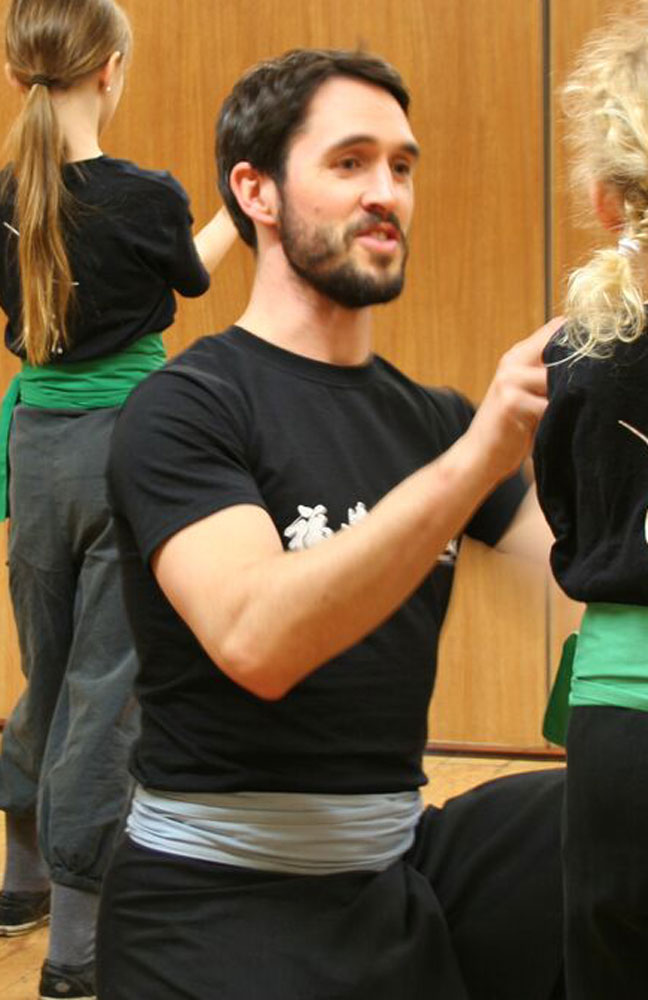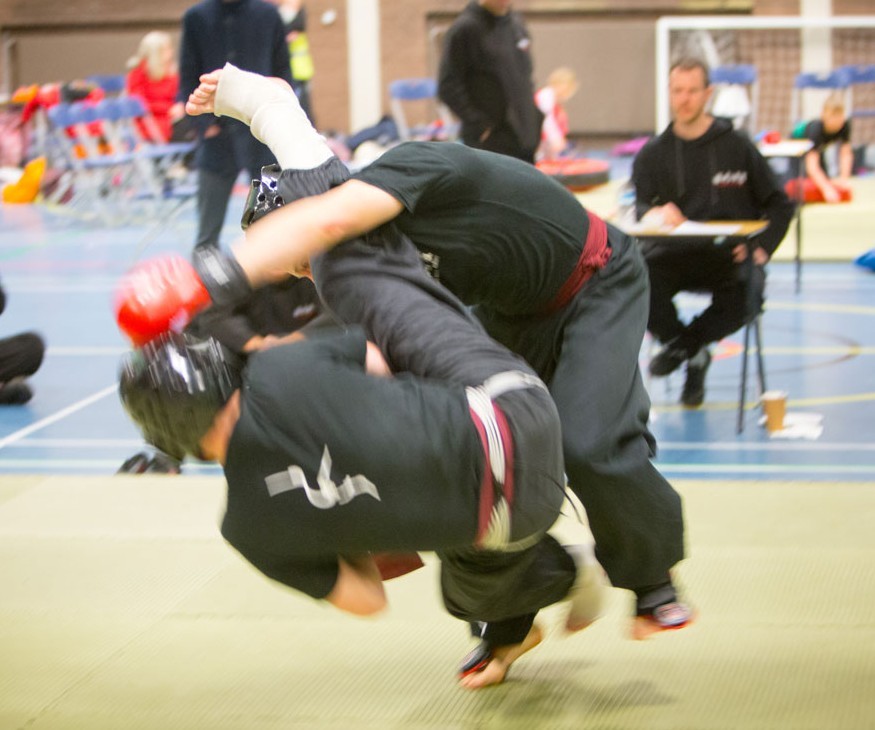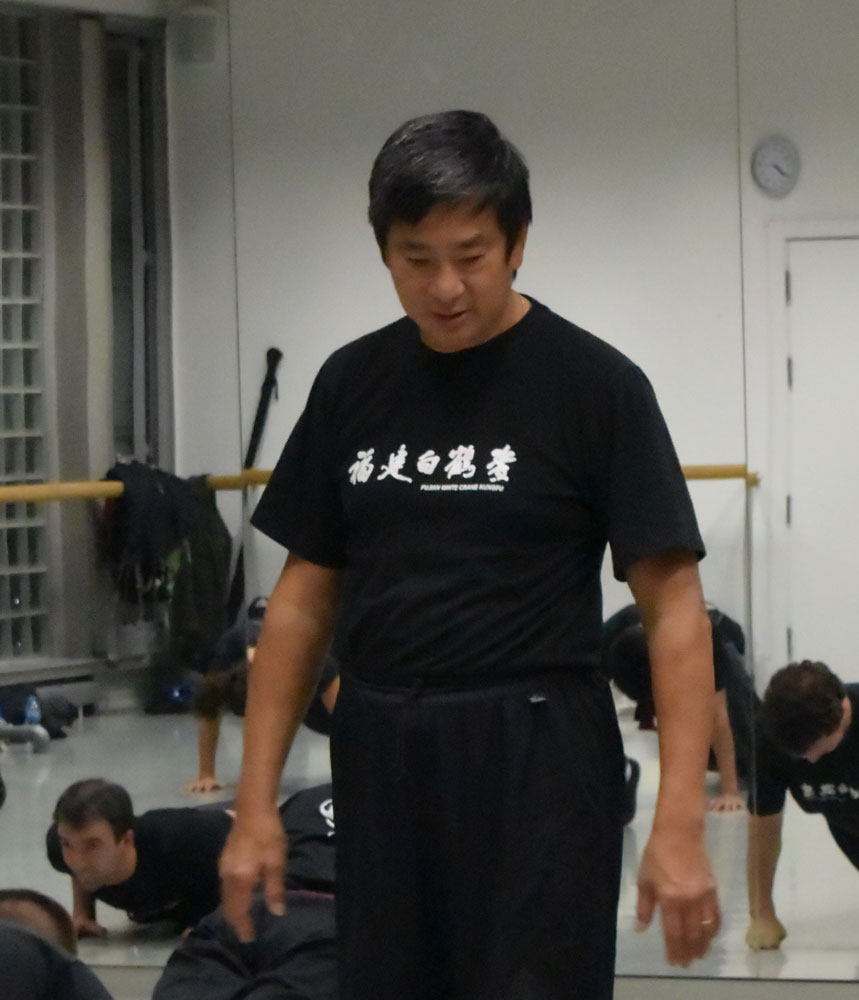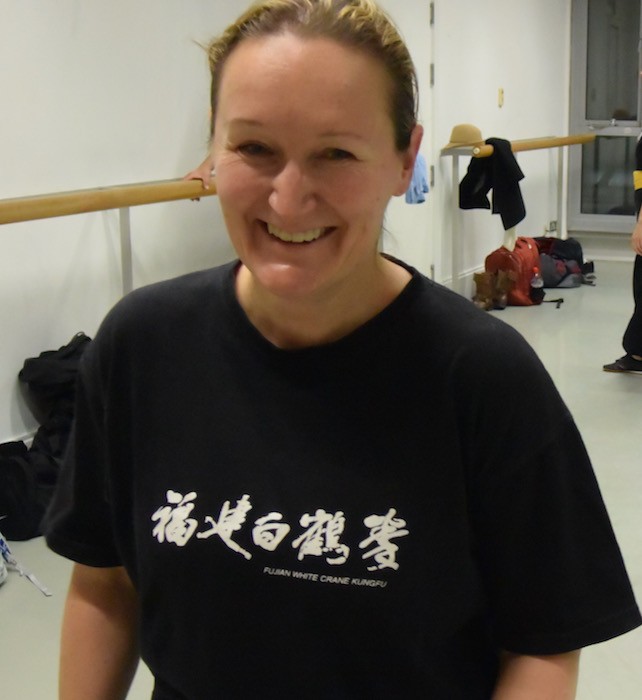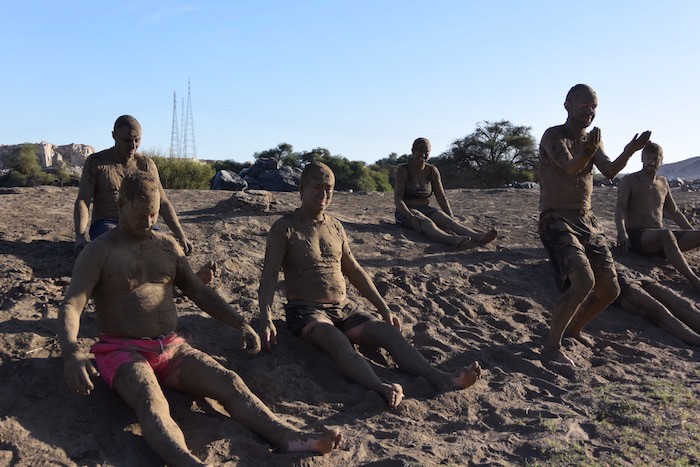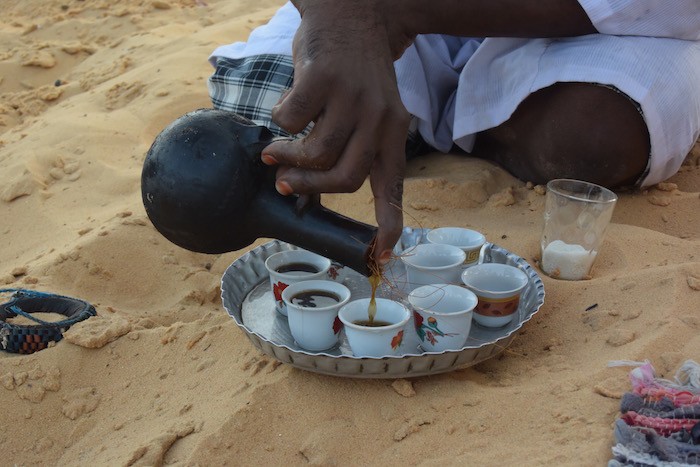Congratulations! Your child is training at the best Martial Arts classes on the planet, with the Fujian White Crane Kung Fu Club. Is that enough to keep them coming? Let’s ask Richard Wagstaff, FWC Instructor for London South. His very popular children’s classes include many in the 5-10 years age group and he knows what it is like when parents hear:
“I don’t want to go to Kung Fu today” “But I thought you loved it?” “I do, but I feel sick today, my tummy hurts” or “I’m tired, can’t I just miss this week?”
Are they coming down with something? So you send a text to the Instructor explaining that they are not coming today and then the same thing happens next week. Do they love Kung Fu or is this just another activity they started and want to give up? Children don’t have as many excuses open to them as adults (“Sorry, working late to meet a deadline”) and they don’t always know why they want to give up.
